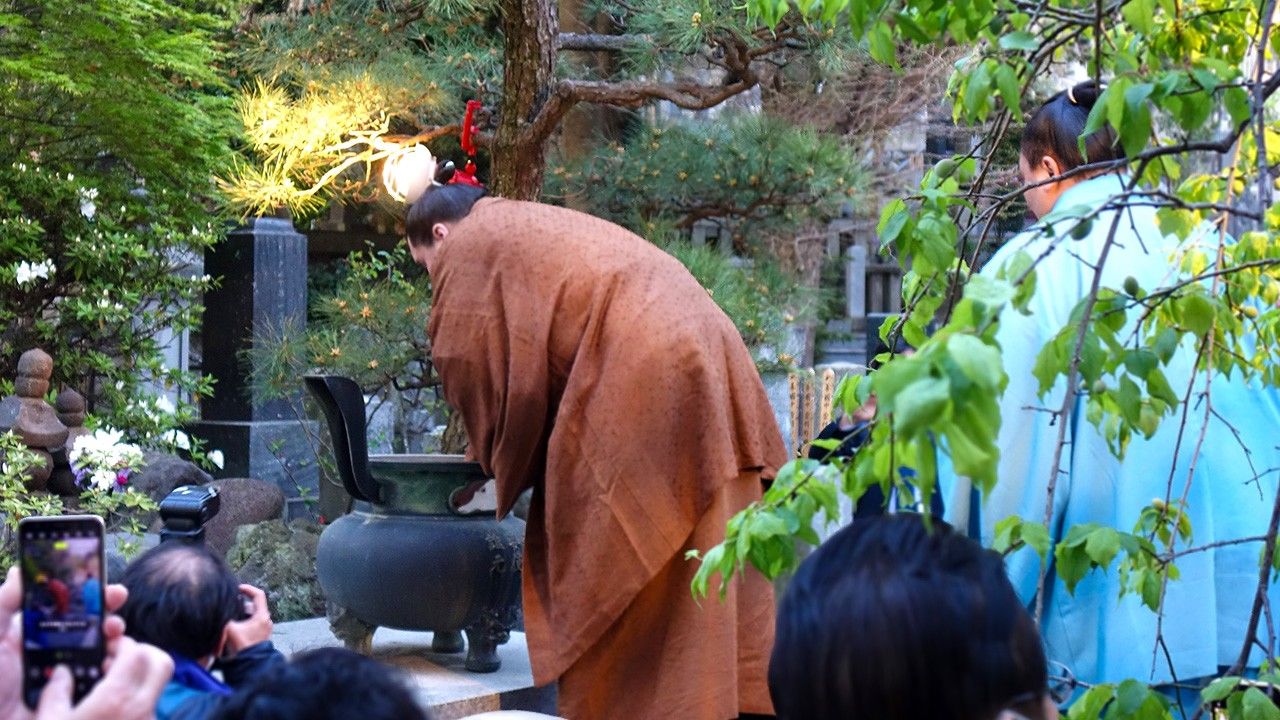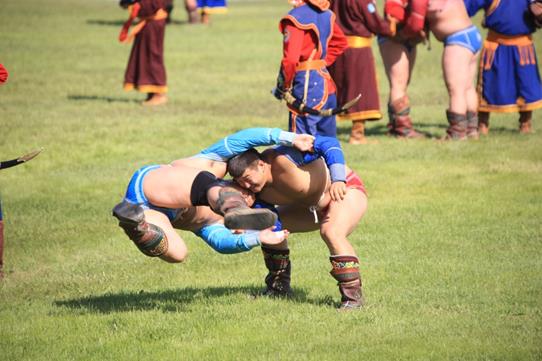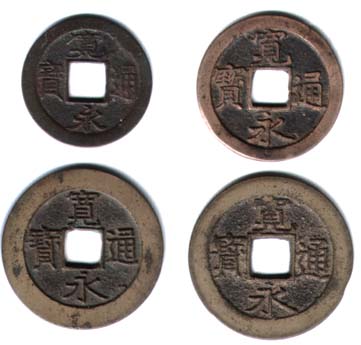- Thread starter
- #1,501
Kishida looks so happy in the Congress.
If he was welcomed, that would be due to Japanese tax payers' money.
Japanese people are unhappy with him.
This is Japanese people's general opinion.
View: https://www.youtube.com/watch?v=oMA9ruQKG2w
If he was welcomed, that would be due to Japanese tax payers' money.
Japanese people are unhappy with him.
This is Japanese people's general opinion.
View: https://www.youtube.com/watch?v=oMA9ruQKG2w









